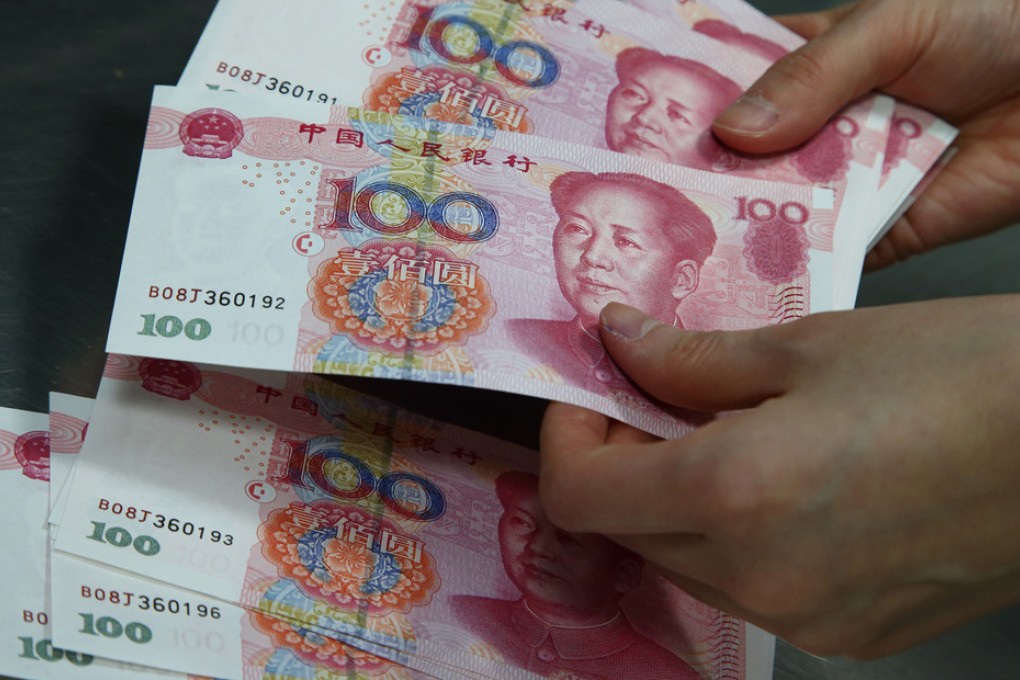China can handle shadow banking threat
Louis Kuijs says economic ills are exaggerated, as is the risk of a crash

Fears that China is heading for a hard economic landing or even a systemic crisis because of problems in its shadow banking sector are exaggerated.
The spectacular growth in credit has lifted China's debt-to-GDP ratio to over 200 per cent and loan quality has worsened. That has increased the risk of defaults this year. Policy changes from a government keen to rein in excessive lending are adding to the pressure on borrowers.
And foreign media have seized on predictions from some economists that shadow banking will lead to China's own "Lehman moment". Several events have fed that view: China's first true bond default last month, high-profile bailouts for two shadow banking investments and, most recently, a temporary bank run on a small rural lender.
They do not amount to a systemic threat, however. Despite its reputation, large swathes of the shadow banking sector appear to be relatively low risk. Alongside the high-risk, high-return vehicles causing so much concern, investors also buy large volumes of lower-risk products, a sizeable portion of which is provisioned and on banks' balance sheets.
The threat of growth slipping below 7 per cent may well lead to fresh fiscal measures
Corporate debt is high but average profitability looks sound and problems of overcapacity and financial stress among corporates are overblown. China has its problem sectors, with steel a good example, but it is not representative of all industries.
